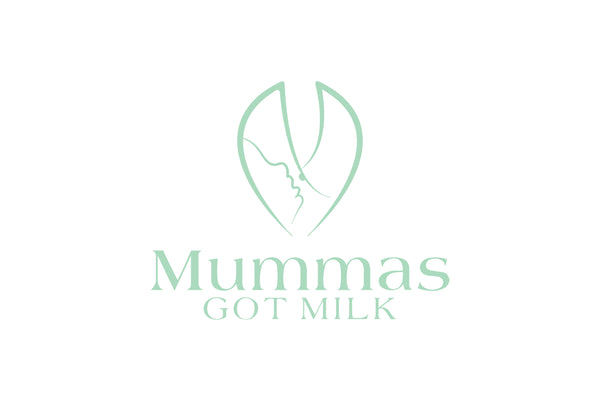
The Power behind Brewers yeast
Share
Brewer's yeast, a byproduct of beer brewing, is a powerhouse of nutrients and has been used for centuries for its health benefits. It is rich in B vitamins, protein, chromium, and selenium, making it a popular supplement for various health purposes. One of its notable benefits is its positive impact on breastfeeding mothers. In this blog, we will explore what brewer's yeast is, its health benefits, and how it can support breastfeeding.
What is Brewer's Yeast?
Brewer's yeast is a type of yeast derived from the Saccharomyces cerevisiae fungus. It is a byproduct of the beer brewing process but can also be grown specifically for dietary supplements. Brewer's yeast is known for its bitter taste and is available in various forms, including powder, flakes, tablets, and capsules.
Health Benefits of Brewer's Yeast
-
Rich Source of B Vitamins: Brewer's yeast is packed with B vitamins, including B1 (thiamine), B2 (riboflavin), B3 (niacin), B5 (pantothenic acid), B6 (pyridoxine), B7 (biotin), B9 (folic acid), and B12. These vitamins are essential for energy production, metabolism, and maintaining a healthy nervous system.
-
Boosts Immune System: The beta-glucans in brewer's yeast help enhance the immune system by activating white blood cells and improving the body's defense against infections.
-
Regulates Blood Sugar Levels: Brewer's yeast contains chromium, a trace mineral that helps regulate blood sugar levels by improving insulin sensitivity. This can be particularly beneficial for individuals with diabetes or those looking to manage their blood sugar levels.
-
Promotes Digestive Health: Brewer's yeast is a probiotic, meaning it contains beneficial bacteria that support gut health. It helps maintain a healthy balance of gut flora, improving digestion and nutrient absorption.
-
Supports Skin Health: The B vitamins and antioxidants in brewer's yeast contribute to healthy skin by reducing inflammation, preventing acne, and promoting cell regeneration.
Brewer's Yeast and Breastfeeding
Breastfeeding is a demanding process that requires significant energy and nutrients. Many breastfeeding mothers turn to brewer's yeast for its potential to support lactation and overall health.
Lactation Support
Brewer's yeast is considered a galactagogue, a substance that promotes milk production. Here’s how it can help:
-
Increases Milk Supply: Brewer's yeast contains phytoestrogens and other compounds that can help increase milk supply in breastfeeding mothers. Its rich nutritional profile supports overall health, which can positively impact milk production.
-
Enhances Energy Levels: The high levels of B vitamins in brewer's yeast help boost energy levels, combating the fatigue often experienced by new mothers.
-
Improves Mood and Reduces Stress: Brewer's yeast contains nutrients like B vitamins and chromium that help regulate mood and reduce stress, contributing to a more relaxed and positive breastfeeding experience.
How to Incorporate Brewer's Yeast into Your Diet
Brewer's yeast can be easily incorporated into your diet through various means:
- Smoothies: Add a tablespoon of brewer's yeast to your morning smoothie for a nutritional boost.
- Baked Goods: Incorporate brewer's yeast into recipes for lactation cookies, muffins, or bread.
- Sprinkled on Food: Use brewer's yeast as a topping for popcorn, salads, or soups.
- Supplements: Brewer's yeast is available in tablet or capsule form for those who prefer a more convenient option.
Conclusion
Brewer's yeast is a versatile and nutrient-rich supplement with numerous health benefits. For breastfeeding mothers, it can be particularly beneficial in supporting lactation, boosting energy levels, and improving overall well-being. Always consult with a healthcare professional before adding any new supplement to your diet, especially during breastfeeding, to ensure it is safe and appropriate for your individual needs. Embrace the power of brewer's yeast and experience its potential benefits for both you and your baby.
